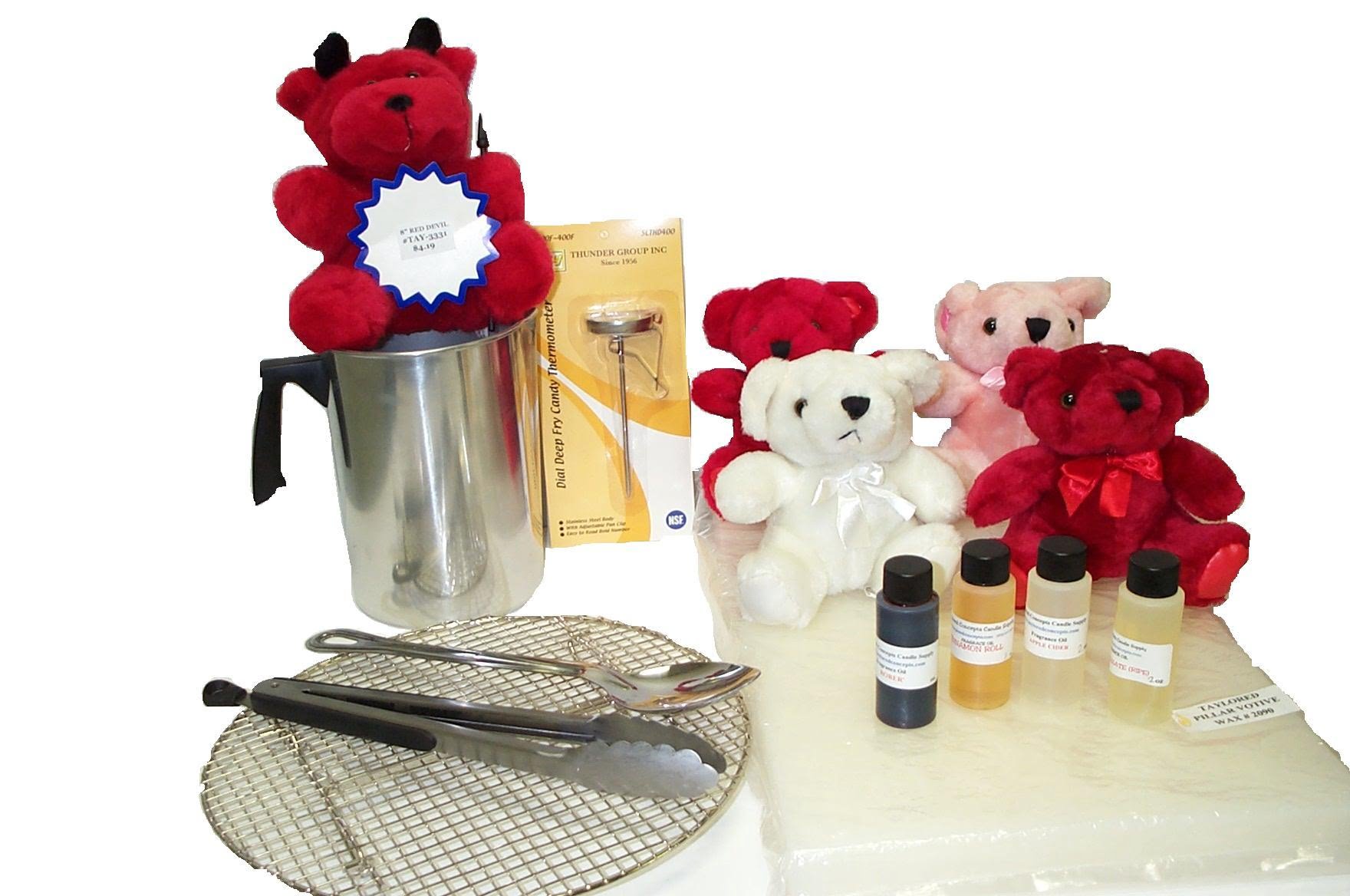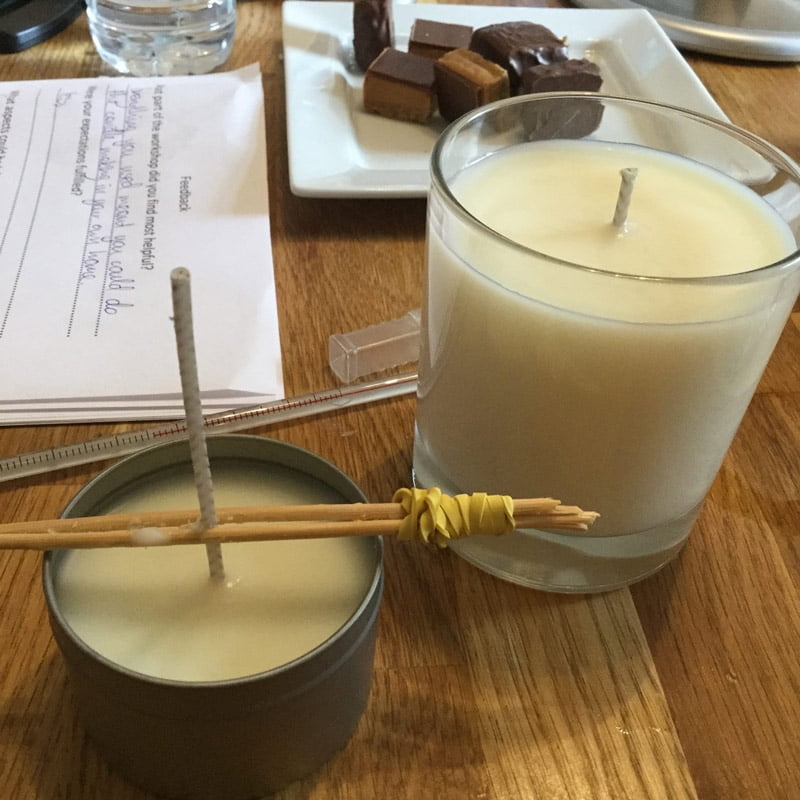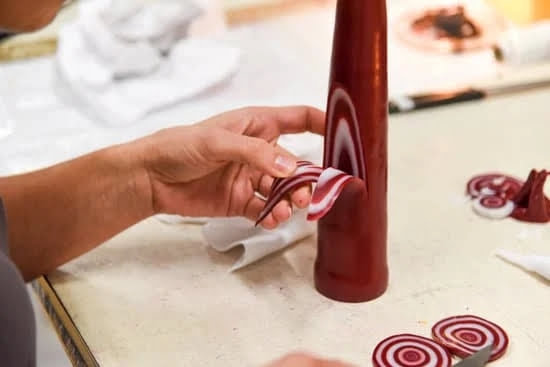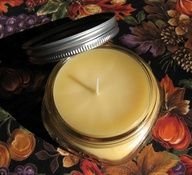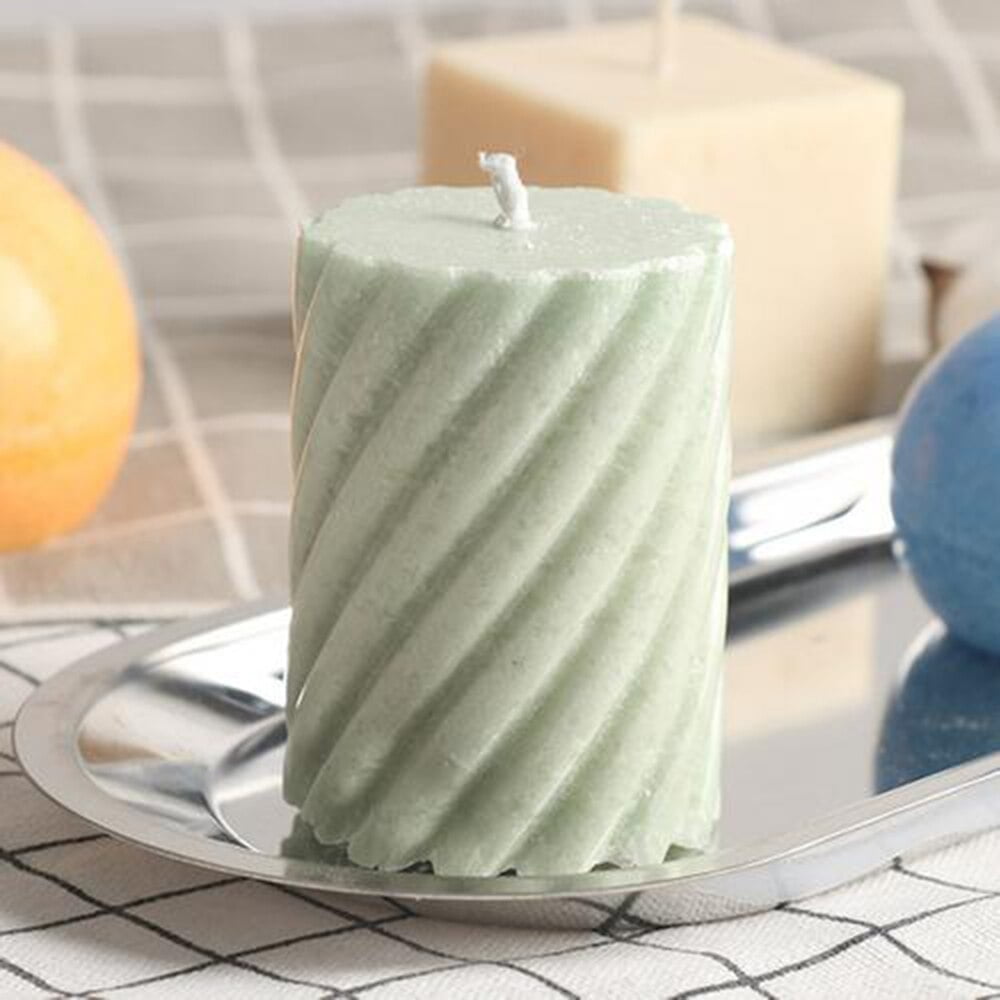Are you in search of the best candle making thermometer to elevate your crafting experience? Whether you are a beginner or an experienced candle maker, having the right tools is essential for creating high-quality candles. In this article, we will explore the significance of using a reliable thermometer in candle making and provide essential tips for choosing the best one that suits your needs.
Candle making thermometers play a crucial role in ensuring that the wax is melted at the right temperature, which ultimately affects the quality and performance of the finished candles. Without a reliable thermometer, it can be challenging to achieve consistent results, leading to potential issues such as poor fragrance retention, uneven texture, and decreased burn time. To avoid these pitfalls, it’s important to invest in a top-quality candle making thermometer to have greater control over the crafting process.
In the following sections, we will discuss key features to look for in the best candle making thermometer, highlight some highly recommended options available on the market today, compare digital versus analog thermometers, and provide guidance on how to properly use and maintain your chosen thermometer. By understanding the importance of using a reliable thermometer and knowing how to select and care for one appropriately, you can enhance your candle making experience and create beautiful, high-quality products.
Importance of Using a Reliable Thermometer in Candle Making
When it comes to crafting the perfect candle, using a reliable thermometer is essential for achieving consistent and high-quality results. Whether you are a novice or experienced candle maker, having the best candle making thermometer can make a significant difference in the outcome of your candles.
Using a thermometer ensures that you are able to accurately measure the temperature of the wax, which is crucial for achieving the proper consistency and fragrance throw in your candles. Without a reliable thermometer, you run the risk of overheating or under-heating your wax, which can result in poor-quality candles that don’t burn evenly or emit the desired scent.
Key features to look for in the best candle making thermometer include:
- Accuracy and precision
- Easy-to-read display
- Durable construction
- Temperature range suitable for candle making
- Quick response time
To ensure that you are getting the best candle making thermometer for your needs, it’s important to carefully consider these key features before making a purchase. Investing in a high-quality thermometer will not only help you achieve better results with your candles but also save you time and money in the long run.
Key Features to Look for in the Best Candle Making Thermometer
When it comes to making candles, using a reliable thermometer is crucial for achieving the perfect results. Whether you are a beginner or an experienced candle maker, having the best candle making thermometer can make all the difference in your craft. There are several key features that you should look for when choosing the right thermometer for your candle making needs.
Below are some key features to keep in mind when searching for the best candle making thermometer:
- Accuracy: One of the most important features to look for in a candle making thermometer is accuracy. You want a thermometer that provides precise temperature readings to ensure that your wax is at the correct temperature for optimal results.
- Temperature Range: Different types of candles require specific temperature ranges during the melting and pouring process. Look for a thermometer that offers a wide temperature range to accommodate various candle making techniques.
- Durability: Since candle making involves working with hot wax and heat sources, it’s important to choose a thermometer that is durable and can withstand high temperatures without compromising its accuracy.
In addition to these key features, it’s also important to consider the type of thermometer that best suits your needs. Whether you prefer a digital or analog thermometer, both have their own advantages and disadvantages when it comes to candle making. By carefully considering these key features, you can confidently choose the best candle making thermometer for your specific crafting needs.
Top 5 Highly Recommended Candle Making Thermometers in the Market
When it comes to finding the best candle making thermometer for your needs, there are plenty of options to choose from in the market. Having a reliable thermometer is crucial for successfully making candles, as it ensures that you achieve the right temperature for melting and pouring the wax. Here are the top 5 highly recommended candle making thermometers that have gained popularity among candle makers:
H-B DURAC Plus Pocket Liquid-in-Glass Thermometer
This compact and durable liquid-in-glass thermometer is a favorite among candle makers for its accuracy and ease of use. It has a temperature range suitable for most candle making processes, and its pocket size makes it convenient to carry around while working on various projects.
Polder THM-515 Candy/Jelly/Deep Fry Thermometer
While primarily designed for candy and deep fryer use, this thermometer also serves as an excellent option for candle making due to its precise temperature readings. It comes with a clip attachment for securing it to the side of a pot, allowing hands-free monitoring during wax melting.
Taylor Precision Products Classic Line Candy/Deep Fry Thermometer
The Taylor Precision Products candy/deep fry thermometer is another top choice for candle making enthusiasts. Its adjustable pan clip allows users to attach it to different sized containers, and the large, easy-to-read dial makes temperature monitoring hassle-free.
CDIYTOOL Stainless Steel Cooking Thermometer
Made from high-quality stainless steel, this cooking thermometer is perfect for checking wax temperatures during candle making. With a wide temperature range and quick response time, it’s a reliable tool that ensures accurate results in every batch of candles.
Habor 022 Meat Thermometer
Although originally intended for meat cooking, this digital thermometer has become popular in the candle making community due to its versatility and precision. Its waterproof design and long probe make it ideal for measuring temperatures in large batches of melted wax.
These highly recommended candle making thermometers provide accurate temperature readings essential for achieving successful results in candle making projects. Whether you prefer traditional analog thermometers or digital ones with advanced features, these options cater to various preferences and needs within the candle making community.
Comparison of Digital vs Analog Candle Making Thermometers
When it comes to making candles, a reliable thermometer is an essential tool for achieving the perfect pour temperature and ensuring the quality of your finished product. In the market, you’ll find two main types of candle making thermometers: digital and analog. Each type has its own set of advantages and disadvantages, so it’s important to consider your specific needs and preferences before making a decision.
Digital Candle Making Thermometers
Digital candle making thermometers are equipped with electronic sensors that provide precise temperature readings. They often come with features such as easy-to-read digital displays, quick response times, and the ability to switch between Fahrenheit and Celsius. Some models even have programmable temperature alarms to alert you when your wax has reached the desired temperature.
One of the main benefits of digital thermometers is their accuracy and readability. With a clear digital display, you can easily monitor the temperature of your melting wax without any guesswork. Digital candle making thermometers are also great for beginners who may not be familiar with reading analog scales.
Analog Candle Making Thermometers
Analog candle making thermometers, on the other hand, rely on traditional mercury or alcohol-filled tubes to measure temperature. They often feature a dial or scale that indicates the temperature based on the position of the liquid inside the tube. Analog thermometers are known for their durability and reliability, as they do not rely on electronic components that could malfunction over time.
Many candle makers appreciate analog thermometers for their simplicity and ease of use. However, some users may find it more challenging to accurately read the temperature from an analog scale compared to a digital display. Additionally, analog thermometers may require calibration from time to time to ensure their accuracy.
How to Properly Use a Candle Making Thermometer for Accurate Results
When it comes to candle making, using a reliable thermometer is crucial in achieving accurate results. The best candle making thermometer plays a key role in ensuring that the wax is at the right temperature for adding fragrances, colors, and pouring into molds. Here are some essential tips on how to properly use a candle making thermometer for accurate results.
First and foremost, it’s important to choose a thermometer specifically designed for candle making. Look for a thermometer with a wide temperature range that can accurately measure both high and low temperatures. A good quality glass or metal thermometer with easy-to-read markings is ideal for monitoring the temperature of the melting wax.
Before using the thermometer, it’s essential to calibrate it to ensure accurate readings. To do this, simply immerse the thermometer in ice water and adjust the gauge until it reads 32°F (0°C). This will help you achieve precise temperature measurements throughout the candle making process.
To use the candle making thermometer effectively, carefully place it in the melting wax without letting it touch the bottom of the pouring pot. Stir the wax gently and wait for the temperature on the thermometer to stabilize before taking a reading. Keep an eye on the temperature as you continue with adding fragrances or colors, ensuring that it stays within the recommended range for optimal results.
| Tips | Details |
|---|---|
| Calibrating Your Thermometer | To calibrate your thermometer, immerse it in ice water and adjust until it reads 32°F (0°C) |
| Proper Storage | Store your candle making thermometer carefully to prevent damage. Keep it clean and handle with care during use. |
Tips for Maintaining and Calibrating Your Candle Making Thermometer
Candle making thermometers are essential tools for ensuring that your wax is at the proper temperature throughout the candle making process. However, it’s not enough to simply purchase a high-quality thermometer; you also need to maintain and calibrate it regularly to ensure accurate results every time you use it.
One of the most important tips for maintaining your candle making thermometer is to handle it with care. Avoid dropping or mishandling the thermometer, as this can easily throw off its calibration. Additionally, be sure to clean the thermometer thoroughly after each use to remove any residual wax or debris that could affect its accuracy.
Calibrating your candle making thermometer on a regular basis is also crucial for obtaining reliable temperature readings. You can do this by using a trusted reference thermometer or by following the manufacturer’s instructions for calibration. By routinely calibrating your thermometer, you can ensure that it remains accurate and dependable for all your candle making projects.
Another important tip for maintaining and calibrating your candle making thermometer is to store it properly when not in use. Find a safe and secure spot to keep your thermometer where it won’t get damaged or exposed to extreme temperatures. By taking good care of your thermometer and calibrating it regularly, you can trust that you’re getting precise temperature measurements for consistently successful candle making results.
When looking for the best candle making thermometer, be sure to consider its durability, accuracy, and ease of maintenance and calibration. A reliable and well-maintained thermometer will be an invaluable tool in creating beautiful and high-quality candles every time.
Conclusion
In conclusion, choosing the right candle making thermometer for your needs is crucial in ensuring that your candle-making process is successful and safe. With so many options available in the market, it can be overwhelming to make a decision. However, by considering key features such as accuracy, range, and durability, you can narrow down your choices and find the best candle making thermometer that suits your specific requirements.
Investing in the best candle making thermometer will not only provide you with accurate temperature readings but also contribute to the overall quality of your candles. A reliable thermometer will help you achieve the perfect melting point for your wax, leading to even burning and consistent results.
By carefully considering the top 5 highly recommended candle making thermometers in the market and comparing digital vs analog options, you can make an informed decision on which one would work best for you.
Furthermore, knowing how to properly use a candle making thermometer for accurate results and following tips for maintaining and calibrating it will ensure its longevity and effectiveness. By taking these factors into consideration, you can feel confident in your choice of a candle making thermometer and have peace of mind as you create beautiful, high-quality candles. Ultimately, finding the best candle making thermometer for your needs is essential in producing candles that meet your standards of excellence.
Frequently Asked Questions
What Thermometer Is Most Accurate for Candle Making?
The most accurate thermometer for candle making is a digital candy thermometer. This type of thermometer provides precise temperature readings, which is crucial when working with wax to ensure the right consistency for candle making.
Is Infrared Thermometer Accurate for Candle Making?
An infrared thermometer can be accurate for candle making, but it may not be the best option. While it can quickly measure surface temperatures, it may not provide as exact readings as a digital candy thermometer when working with melted wax.
What Temperature Is Best for Candle Making?
The best temperature for candle making depends on the type of wax being used. In general, soy wax should be heated to around 170-180°F, while paraffin wax typically needs to reach 185-195°F. It’s important to follow specific recipes and guidelines for the best results in candle making.

Welcome to my candle making blog! In this blog, I will be sharing my tips and tricks for making candles. I will also be sharing some of my favorite recipes.

